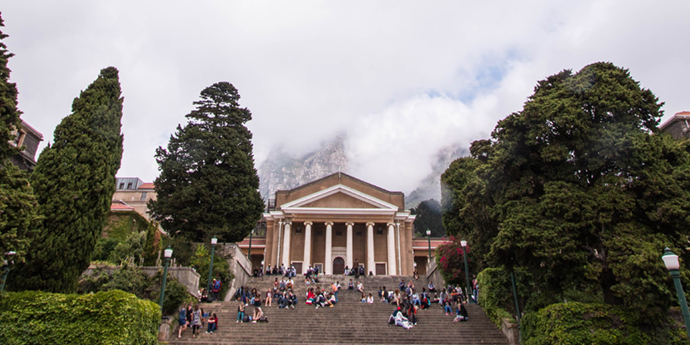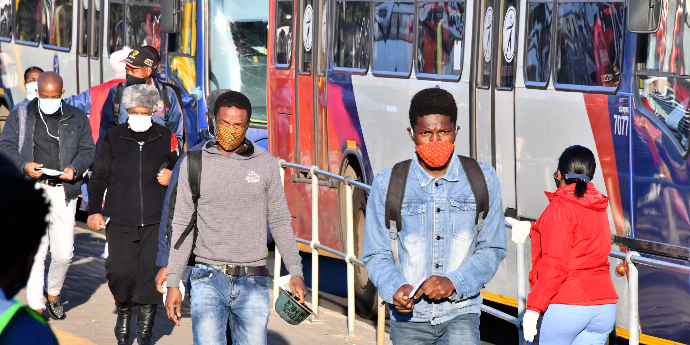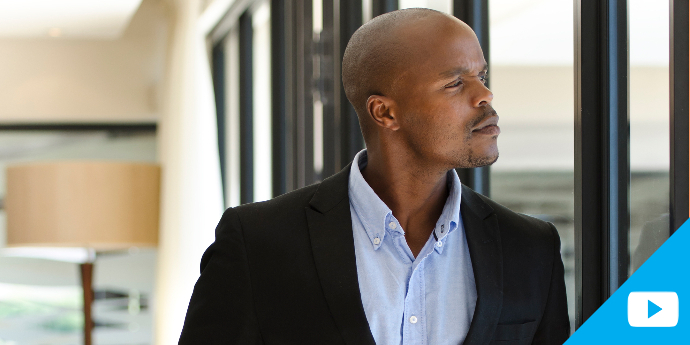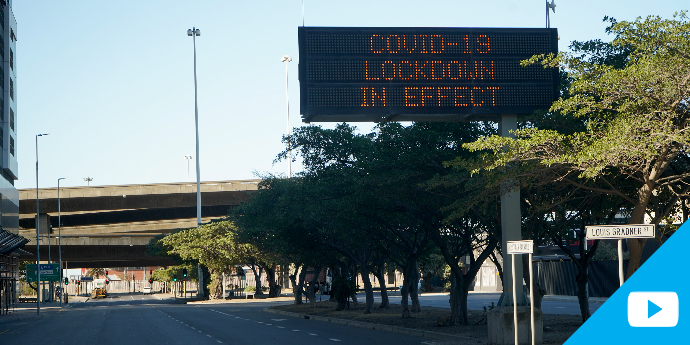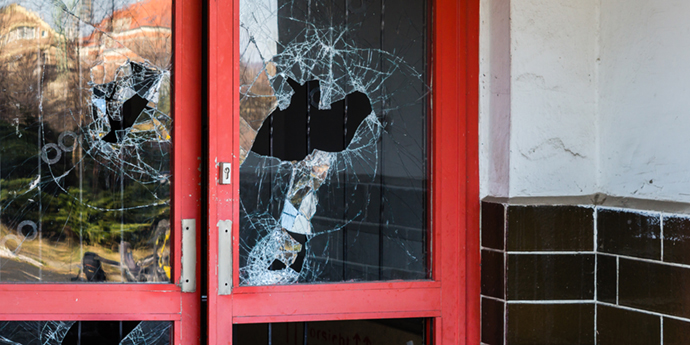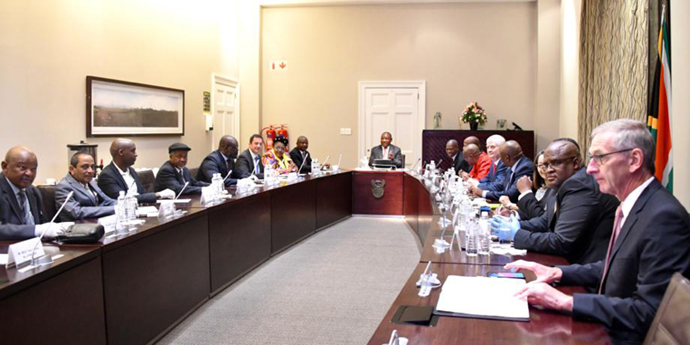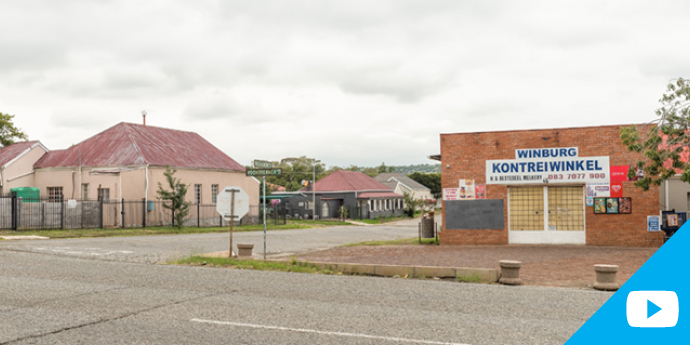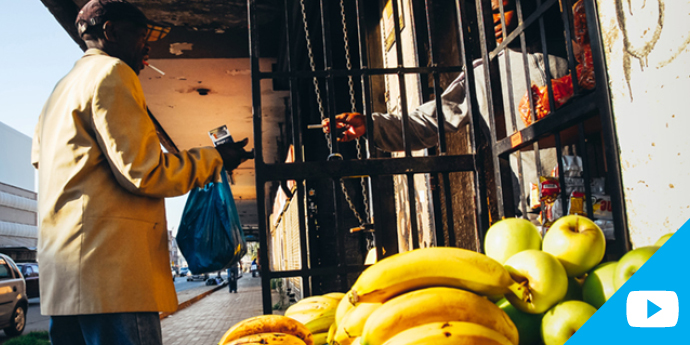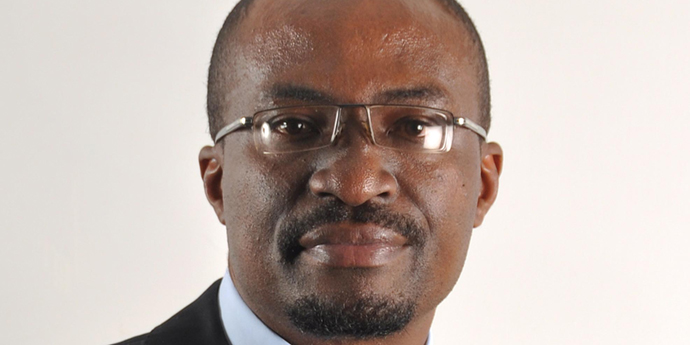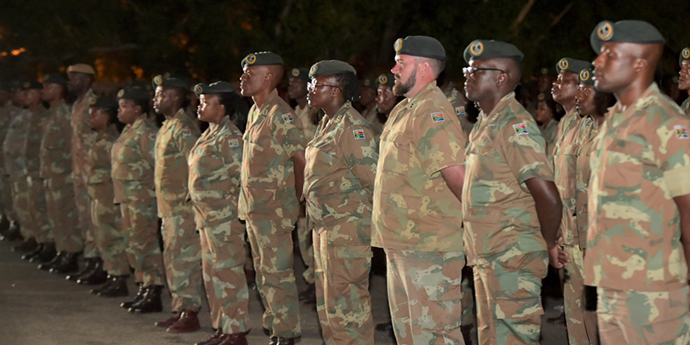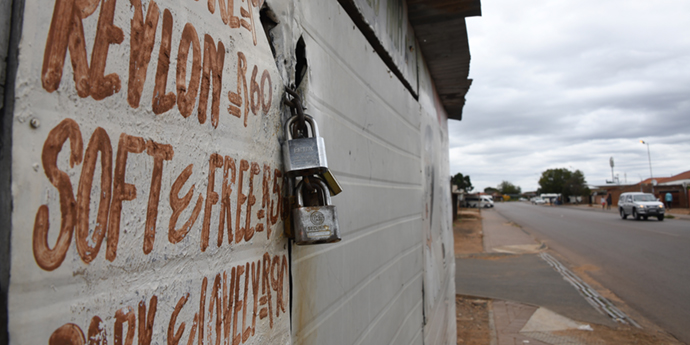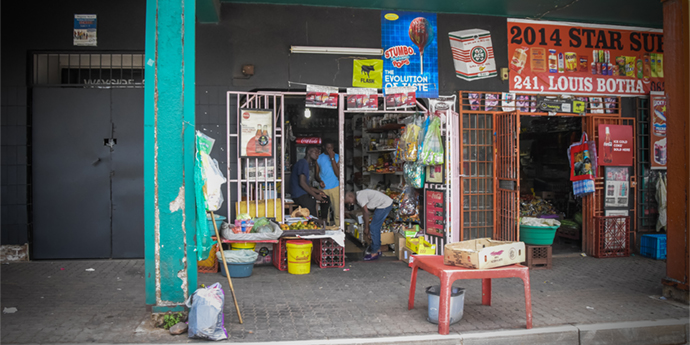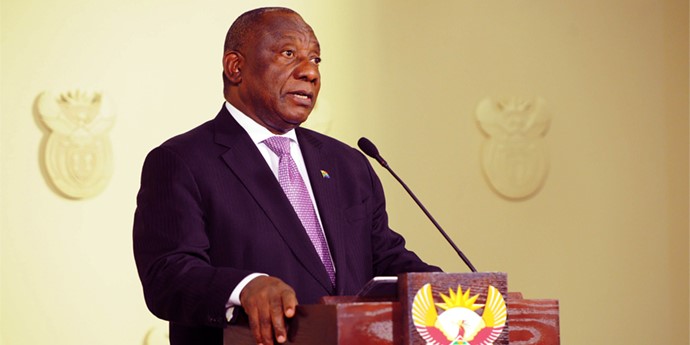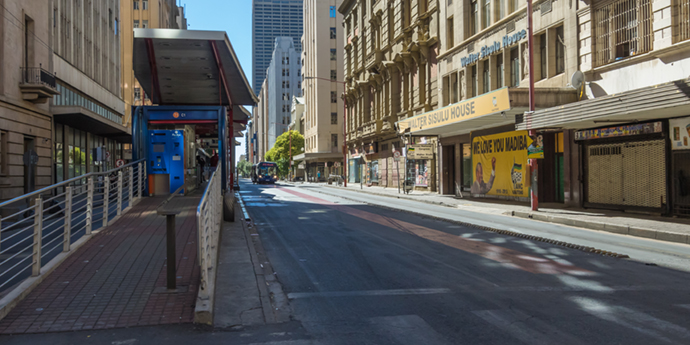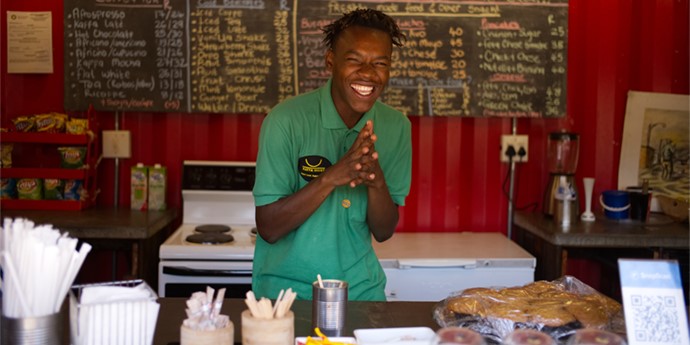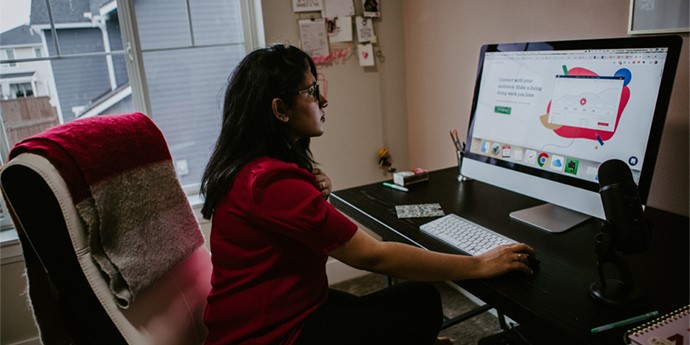As the coronavirus continues to play a prominent role in our lives, we are forced to do things differently. With schools closing last week, online learning is very much a reality for the immediate future. But is South Africa ready for this? Tim London, senior lecturer and Head of Innovation at the UCT GSB shared his thoughts with Cape Talk's Jeremy van Wyk.
Listen to the full podcast here:
Q: Are we ready for online learning in South Africa?
A: The broad answer is no but that cuts a few ways. On the teaching side, are educators familiar and comfortable with the technology? On the student side, have students had experience with it and are they ready for it? We also need to consider whether we are set up for the technology infrastructure. As we know, in a divided society like South Africa, for some of us the internet, hardware and software is readily available. For others it is not.
Q: Historically South Africa has focused on face-to-face learning in a classroom environment, and I sense that many of us question the effectiveness and credibility of online teaching. How is UCT GSB dealing with eliminating that kind of concern?
A: Remember that both online and face-to-face teaching can be done well and also poorly. The fact that we are more comfortable with face-to-face teaching gives people the sense that it must be good, but it may not be. At the UCT GSB our goal is to have high quality teaching and learning that is done in an online environment. People who say online learning is bad and face-to-face teaching is good, are really missing the point. The other thing we need to consider is that at the moment we are talking about fully online learning because of the nature of the coronavirus impact and the fact that we probably won’t have any face-to-face teaching for a while. But for many educational institutions, schools and universities, there’s lots of technology that can really assist teaching and learning and it doesn’t require being fully online. Those are the types of things schools and universities should be using all the time, very flexibly.
Our goal is to provide really good online learning and we are going to try to ramp that up as quickly as possible. We already have experience with the Fees Must Fall movement in recent years, but it will be a big change and everyone will need to be very flexible and patient with each other as we get up to speed.
Q: How do you plan to do that quickly as the virus impacts the education space?
We are lucky in that we have people who have great expertise in online learning. We have a brilliant IT team who are going to get their heads around this. Fortunately, UCT has decided to move forward the break we would normally have so it does give us some extra time to sit back and figure out how we are going to craft this and make this as good as possible.
The key here will be listening to voices from across the university, and across both faculty and staff, to figure out what tools we have available, and how to pitch them to people who may be less familiar with them, so they can know what options they do have. Then we have a week or two to hopefully develop those skills and also to call on people who have the expertise and the background to support this. It will be a time when we can’t do it all ourselves. Lots of teachers at any level of education will tell you that teaching can be a very isolating experience sometimes, and this type of crisis requires us all to come together and let the experts in this area have a voice and some authority.
Q: Are you sensing some excitement and enthusiasm within the education sector, that we are moving in this direction?
A: I think everyone agrees this is a terrible crisis but it highlights that we have been slow to react to or take advantage of new technology and how it can improve teaching and learning. So I sort of hope that if anything good can come of this in the education sector, it is this notion that we have relied on this old model of everyone showing up in a certain room at a certain time, to listen to a certain person. And I think this model is useful for some things, but there’s a whole range of teaching and learning that can be done, and I hope this spurs some creativity and some reflection on moving away from practices that have been around for a long time but maybe aren’t best suited anymore.





